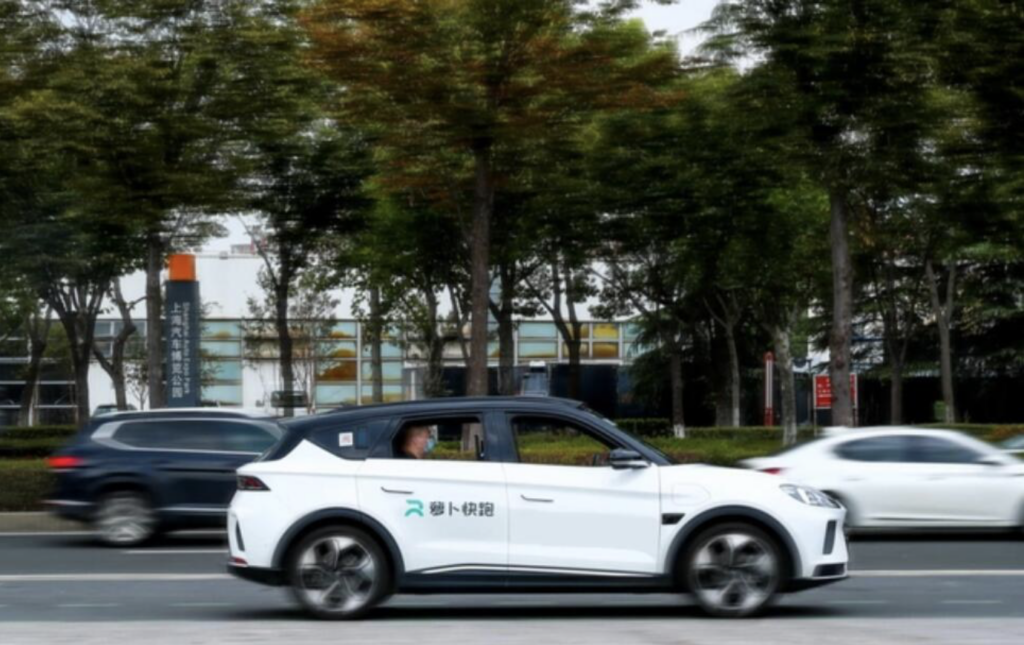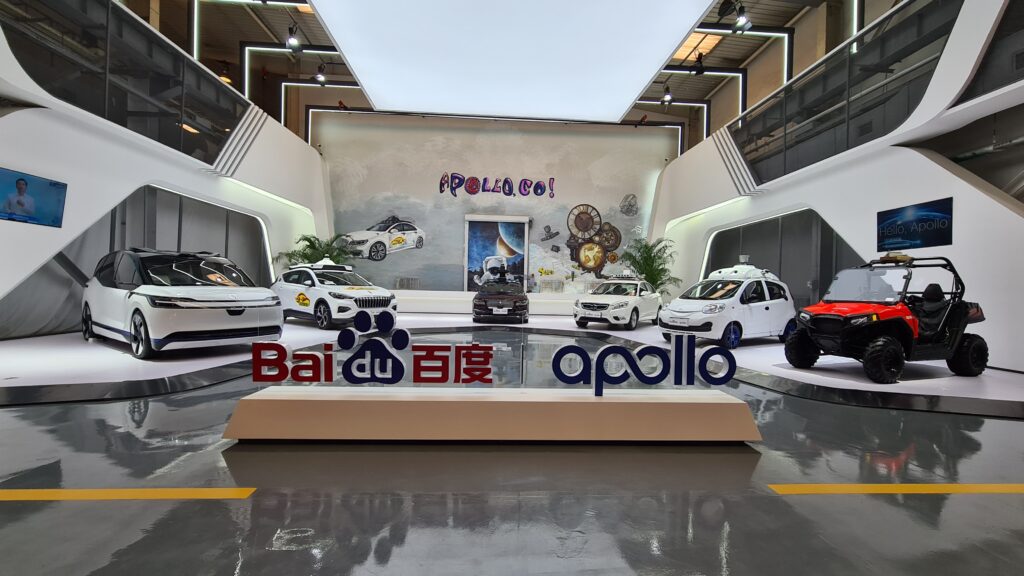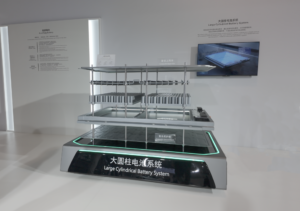
On the eve of Tesla’s expected robotaxi event, it has emerged that Baidu is looking to expand its Apollo Go robotaxi service outside of China, according to sources cited by Nikkei Asia.
Baidu, better known as China’s Google, has been running robotaxis for over a decade and now operates driverless fleets in ten cities across China. The largest fleet currently operates in Wuhan where around 1,000 units of their sixth-generation, and first self-made robotaxi, the RT6, will be running by the end of the year.

In August, it was revealed that the Apollo Go program had reached seven million total rides, making it the largest robotaxi operation in China, while it was the first such service permitted to operate fully-autonomous taxi services in a Chinese city.
Some of the technology has made its way into the recently launched Jiyue 07 which claims to be level-4 capable using a vision-only system.
While Apollo Go appears to be the most advanced system currently operating in China, they would not be without Chinese competition for global markets with Pony.ai currently signing agreements in Singapore with a view to launching there, and WeRide announcing a partnership recently with Uber to advance the self-driving offerings on their platform in the United Arab Emirates.

Regardless of their plans, it looks like any Chinese robotaxi services looking to expand globally will be forced to target markets outside of the US after the Commerce Department there announced plans to ban Chinese self-driving car software starting in 2027.
That announcement, that will also see bans on hardware from as early as 2029, casts doubt on Waymo’s plans to use the Zeekr M-Vision in their US fleet with the car currently planned for production in China.



